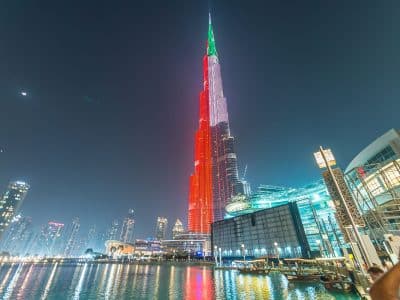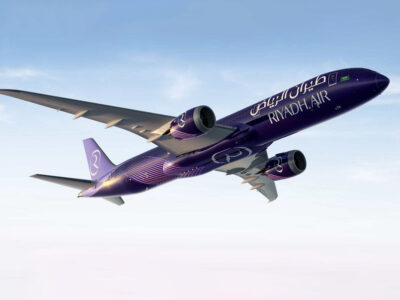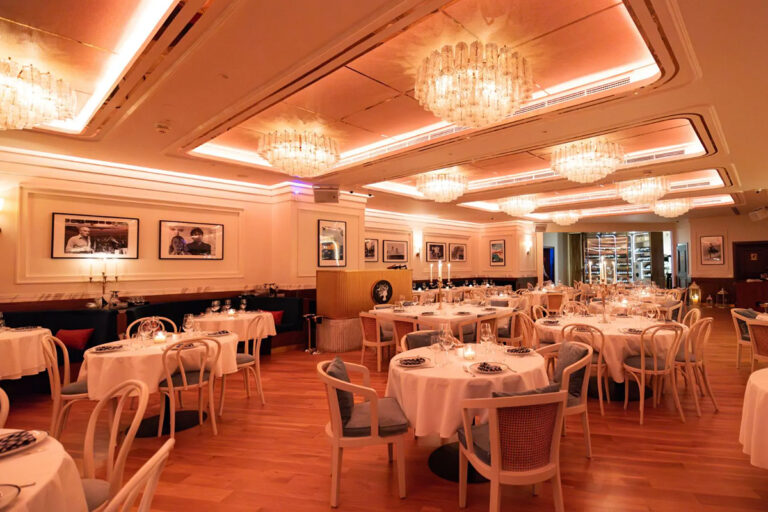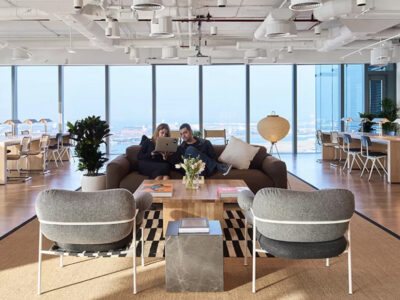Fern Hospitality Ventures said on Monday it is launching a $100 million fund aimed at taking dining and leisure brands from Mayfair to Bali onto the global stage, betting that demand for high-end restaurants and experiential concepts will continue to grow.
The Dubai-based investment platform, co-led by hospitality entrepreneur Uday Singh and 20-something investor Akshat Tibrewala, secured $15 million in its first 24 hours. The vehicle, managed by Dalma Capital, targets annual returns of 20 per cent to 30 per cent, combining operating cashflows with long-term capital gains from underlying real estate.
“We’ve been consistent since 2015 in giving our investors at least 20 per cent returns,” Singh told Arabian Business in an interview, citing Bagatelle Dubai, which he helped launch.
“Our investors made eight and a half times their initial investment at exit, on top of annual dividends. That’s the credibility we’re bringing to this fund.”
Early portfolio
Initial investments include 16 Charles Street, Mayfair, a private members’ club linked to the Loulou of Paris brand; Ramen Me, a Gen Z-led “disco dining” ramen chain in Porto, Portugal; The Joyce, a Miami-based American dining concept; and Opa Bali, the international outpost of the Dubai-born Greek restaurant brand.
Further projects are under discussion in Bali, Miami, Los Angeles and Saudi Arabia. The fund has taken a 90 per cent stake in Ramen Me, which has reported strong sales in its first year, according to the founders.
Tibrewala, who established private investment firm Niyamo Capital in 2024 and manages $25 million in assets, said the strategy is to pair brands with established operators in new markets.
“We want to take a brand and give them access to the strongest operator in a region so they can expand from one or two venues to five or six,” he said.
Investor base
The early fundraising reflects confidence in Dubai’s luxury dining boom and the city’s growing role as an exporter of hospitality concepts.
“Dubai has seen massive wealth migration in the last few years,” Singh said, pointing to an influx of high-net-worth individuals after the pandemic and regional conflicts.
“That’s driven both real estate and hospitality. Restaurants are full, malls are packed, and beach clubs are opening one after another.”
Still, Singh acknowledged that Dubai’s dining market has become saturated, prompting the fund to seek opportunities abroad. “Investors in Dubai want access to international opportunities, and the market here has limits,” Tibrewala said.
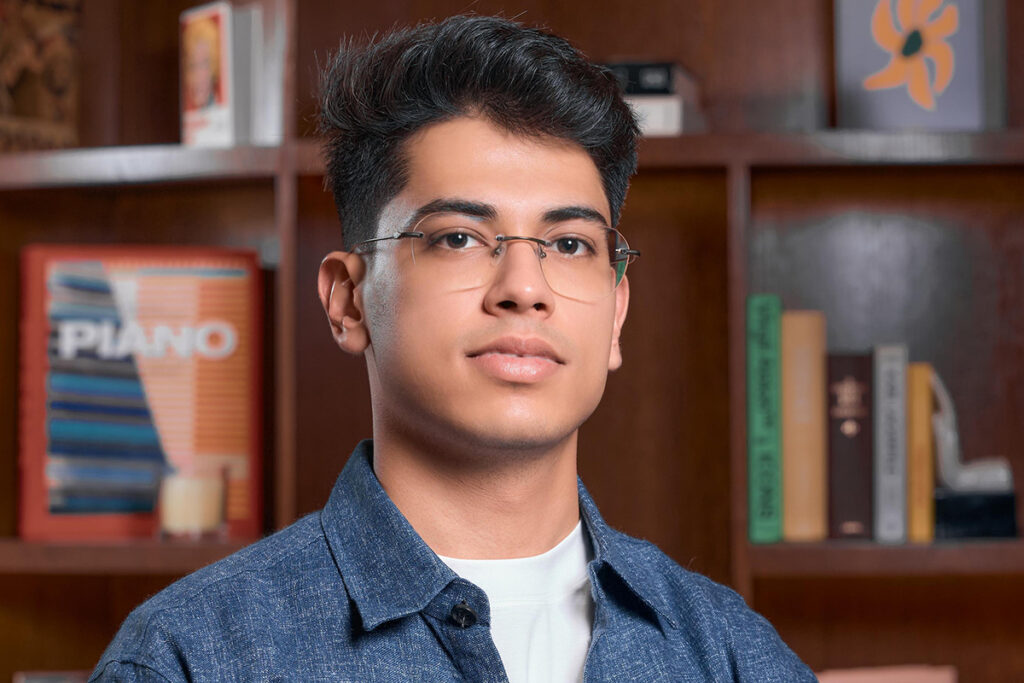
The partners said they are in talks with Saudi family offices, wealthy Indian investors, and Abu Dhabi-based funds, while larger sovereign investors may join at a later stage.
Wealth migration has emerged as a key driver of luxury spending in recent years, with the UAE maintaining its lead as the top destination for HNWIs. According to Henley & Partners, the country is projected to attract a net flow of 9,800 millionaires this year – more than any other country – for the third consecutive year.
Globally, an estimated 142,000 millionaires are expected to relocate this year, marking what Henley has described as the largest voluntary transfer of private capital in modern history. This influx is driving demand for fine dining, premium hospitality, and lifestyle experiences in Dubia, which investors believe have strengthened confidence in backing brands with international scalability.
Other hotspots targeted by FHV – including London, Miami and Bali – are also magnets for mobile wealth. The UK remains home to one of the world’s largest millionaire populations despite recent outflows, while Miami has seen an influx of financiers and tech entrepreneurs in the wake of the pandemic.
“Investors go where their clients are going,” Singh said. “And wealthy clients today are moving between these hubs – Dubai in the winter, Mykonos in the summer, Miami year-round. Our job is to ensure the hospitality experience follows them.”
Track record
Singh is a prominent figure in Dubai’s restaurant scene, having been a partner of Bagatelle Dubai in 2015 and Opa Dubai in 2018, followed by La Niña in 2023. Opa has since expanded to six cities, including Bali.
That track record, Singh said, underpins investor confidence: “There are a lot of people who want to put money into restaurants, but without the right operator the risks are high. Our track record reassures investors.”
In London, the 16 Charles Street club is due to open in early 2026, with memberships pitched at £100,000 ($135,240) plus VAT. The venue will combine public dining spaces with members-only areas and is already marketing to Gulf and European clients.
Global spending on luxury leisure hospitality is projected to grow from $230 billion in 2023 to approximately $391 billion by 2028, according to data from Statista. This growth is largely fueled by the rising demand among affluent travelers for immersive and high-end experiences. Meanwhile, the global fine dining market is expected to expand from $166.9 billion in 2024 to $243.2 billion by 2030, reflecting a compound annual growth rate (CAGR) of 6.5 per cent. This surge is driven by consumers increasingly prioritising premium, experience-driven dining over material goods.
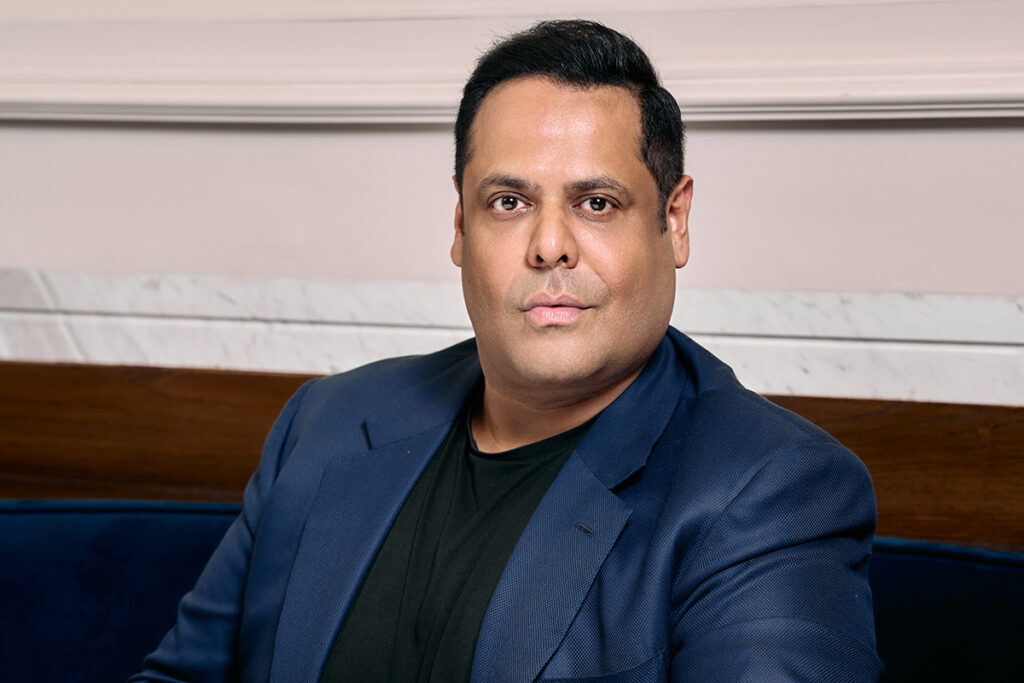
Gen Z diners are also emerging as a key growth market: they dine out more often than older generations, follow food trends via social media, and are increasingly willing to spend on sustainability and immersive experiences.
“Global hospitality will increasingly be dominated by newer generations both as consumers and operators,” Tibrewala said. “Brands are no longer growing linearly. They’re growing laterally, fuelled by social media.”
Although hospitality remains a volatile sector, prone to oversupply and concept failures, Singh conceded the risks but said operator experience and market selection can mitigate them.
“It’s not all rosy. Of course, there are failures,” he said. “But with the right partnerships and the right cities, the upside is very strong.”
For Singh and Tibrewala, Dubai’s success is the model. “Made in Dubai” brands such as Opa and Bagatelle have expanded internationally, a trend they aim to replicate.
“The UAE has become a global powerhouse in luxury dining,” Singh said. “We want to take that momentum and scale the next generation of hospitality brands internationally.”

